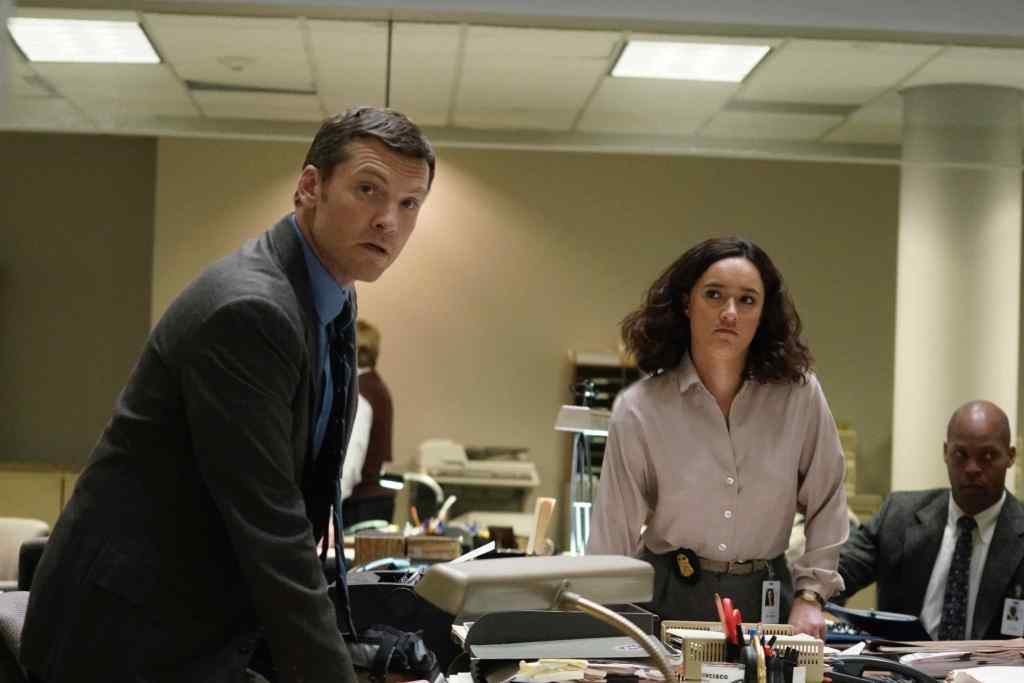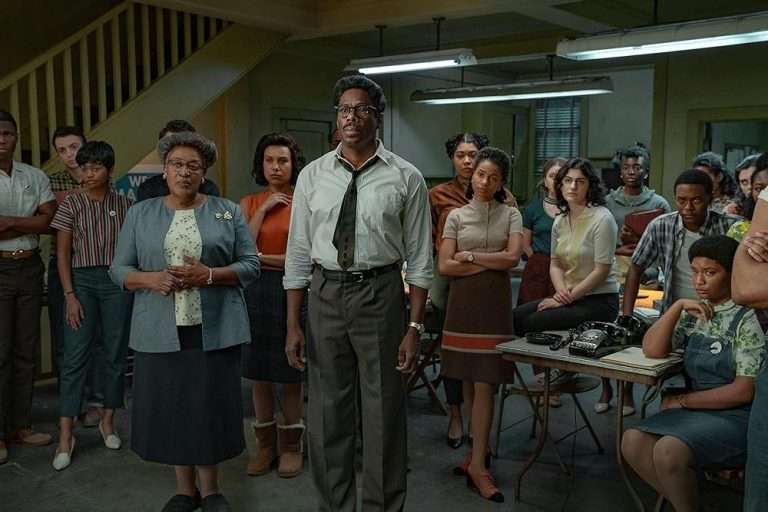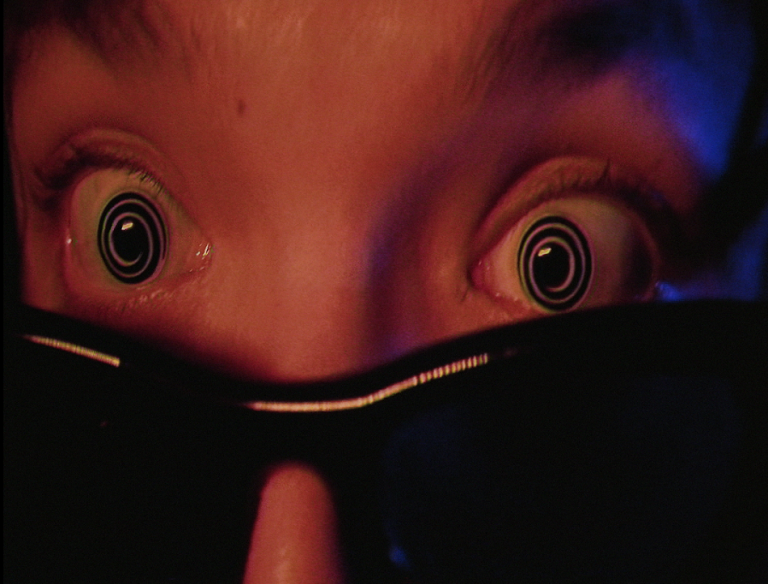It is hard to believe that there was once a man who terrorized the American nation by sending up deadly bomb packages to airliners and universities, and eluded capture from FBI for more than a decade and half. After 9/11 with the Bush regime zeroing-in on Afghanistan, the horrifying acts of Ted Kaczynski, the man better known as Unabomber, may seem comparatively minuscule. Yet before the alleged era of jihadist terrorism, Kaczynski planned out a campaign of terror to draw attention to his views on the ‘insidious’ technological progress. Between 1978 and 1996, the Universities and Airline Bomber (unabomber), sent ingeniously designed homemade bombs (16 bombs in total), across the nation through the U.S. mail, resulting in the death of three and seriously injuring 23 other people. Tasked with tracking down the serial bomber, FBI was lured into one of the longest and most expensive manhunt in U.S. history. Considering the renewed public interest in true crime and its dominance in the TV series format, Discovery Channel have made a fine attempt to showcase the gruesome crimes, painstaking investigation, and the eventual arrest and conviction of Ted Kaczynski. Conceived as eight part limited series and created by Andrew Sodroski, Jim Clemente, and Tony Gittelson, Manhunt: Unabomber Season 1 works as a captivating, binge-worthy show despite few pedestrian and formulaic fictionalizations. Moreover, the series is worth watching to just witness Paul Bettany’s powerful performance in the titular character.
Fitz casually deconstructs a cryptic letter sent by the unabomber, which earns him a place in the task force. However, his superiors expect him to adhere to the structural conformity, and crushes down any of his well thought-out theories regarding the unabomber’s personality. Fitz and his superiors get lucky when the unabomber issues an ultimatum (in September 1995): he will stop his bombing campaign, if the FBI allows Washington Post and the New York Times to publish his 35,000-word, 56 page manifesto, titled “Industrial Society and Its Future”. Fitzgerald and his team dug deeper into the manifesto and used unabomber’s writing style, his linguistics to figure out clues about his true identity. Fitz termed his method as ‘forensic linguistics’ which is initially met with derogation and skepticism by many of his peers. When the manifesto goes public, David Kaczynski (Mark Duplass) reluctantly contacts FBI and feels that the tone of unabomber’s manifesto resembles the writing of his estranged elder brother Ted. Armed with only David’s doubt and Fitz’ profile based on linguistics, the serial bomber was eventually brought down (he is currently alive and serving eight consecutive life sentences).
James Fitzgerald has served as the show’s ‘consulting producer’. He says he tried to contact Ted Kaczynski to present his side of the story. But Ted didn’t cooperate, even though the series is said to have accurately portrayed Ted’s life. Ted’s friendship with the librarian and her kid in Lincoln, Montana seemed like an effective dramatization. But it all happened in real life too and the whole of small town Lincoln believed Ted was just a harmless hermit. In fact, the best episode among the eight is the sixth one, which follows the pressures and trauma heaped upon Ted from adolescence. We could almost feel sorry for the guy, who is persistently betrayed and ostracized. And, Paul Bettany makes this episode more memorable. He thoroughly shows his character’s vulnerable, sympathetic side alongside the origination of his evil and apathetic nature. Director Greg Yaitanes does a great job in visualizing the murky psychological temperament of Ted. Despite certain clunky writing, Yataines also does well in emphasizing on the dichotomy existing between Ted and Fitz. Both in their single-minded obsession and isolation resemble each other. Yet what separates Fitz from the criminal is his genuine emotion while seeing the bombing victims. Like Fitz, we couldn’t deny the deep truth in the unabomber’s condemnation of technology. Right up to the eerie final shot, the series sort of makes us to reconsider our infrangible relationship with technology. At the same time, it shows how ideological determination that doesn’t take humanity into account isn’t worth much.
★★★½
Also, see – Manhunt unabomber amazon










![Mission: Impossible – Fallout Review [2018]: Accept the best Mission Impossible yet!](https://79468c92.delivery.rocketcdn.me/wp-content/uploads/2018/07/Mission_Impossible_Fallout-768x384.jpg)